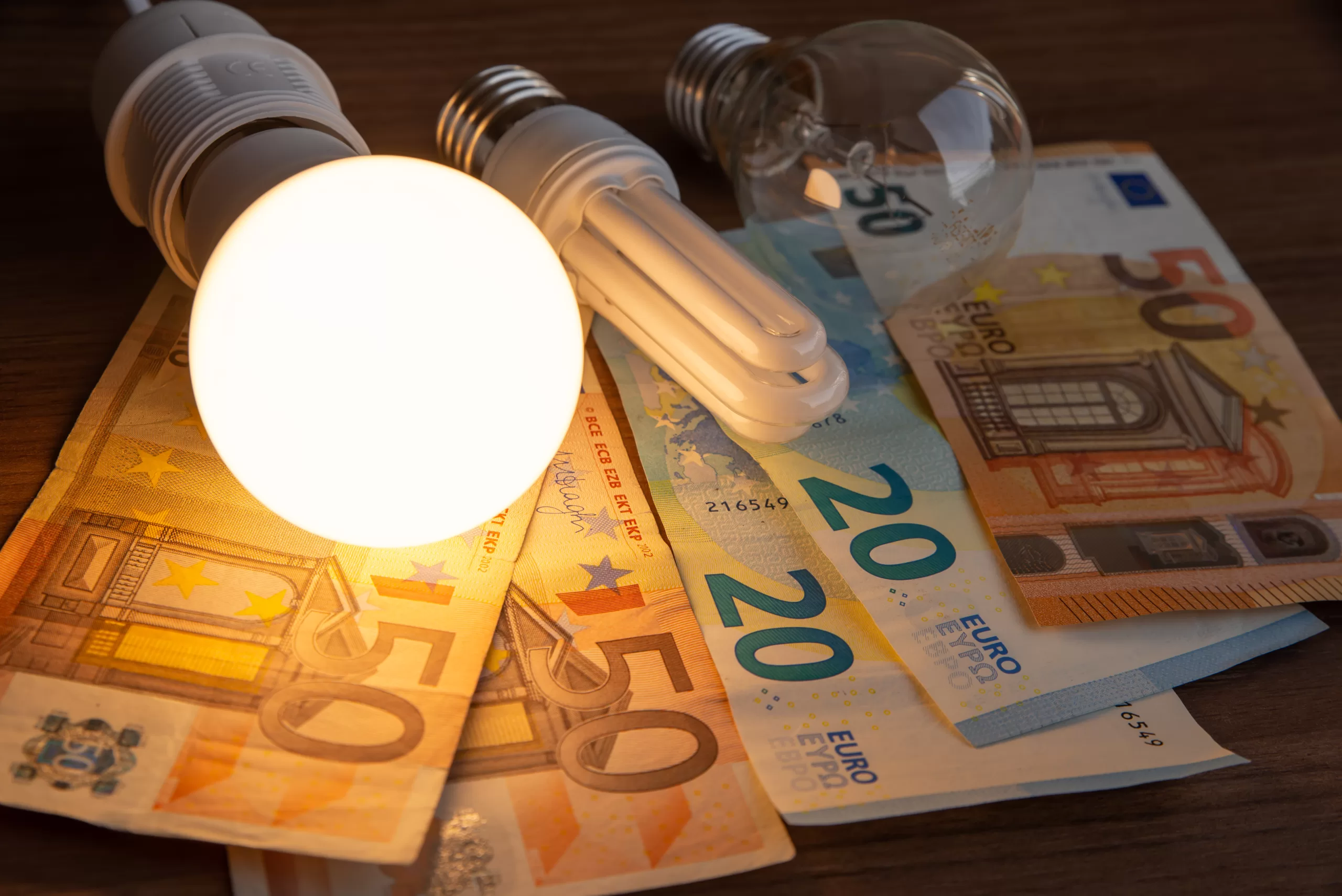Switching to LED lightbulbs could help you make big savings over time.
They will set you back a steep £3 per bulb, but they consume up to 85% less energy than traditional incandescent bulbs and around 30% less than compact fluorescent lamps (CFLs).
Specialists from the Plumbworld say that making the simple adjustment could see you knock off up to £130 from your annual bill.
It comes after one bill payer saved £40 a month on energy by using all LEDs.
Taking to the Extreme Couponing and Bargains UK Facebook group, she wrote: “I know people are worried about rising costs but don’t waste your money on battery powered lights.
“Please go to a pound shop and buy LED lightbulbs. We got them for £1 each so ok initial outlay but we changed every bulb and it saved £35 to £40 a month. So paid for itself in the first month.
“When you think that lights can account for 15 per cent of your energy costs it’s worth changing your bulbs.”
The post quickly notched up more than 1,000 likes and nearly 400 comments as other Facebook users shared their thoughts on the idea.
“Switching to LED lighting in specific areas of the home where lights are used most frequently can amplify the cost benefits,” a spokesperson from Plumbworld commented on the findings.
“For example, targeting high-traffic areas such as the kitchen, living room, and hallways ensures that the most energy and cost-efficient bulbs are utilised where it counts.
“This strategic placement means not all bulbs need to be replaced immediately, allowing for a gradual transition that is budget-friendly.
“Understanding the different types of LED bulbs can also help in maximising savings.
“Not all LEDs are created equal; some offer dimmable features or different colour temperatures, which can enhance the ambience of a room while saving energy.
“Selecting the right bulb for the right task—such as warmer lights for cosy areas and brighter ones for workspaces—ensures both functional and economic efficiency.”
Elsewhere, Martin Lewis revealed a simple trick to save £100 a year off your energy bills – with just a flick of a switch.
The consumer guru explained how switching off your Wi-Fi over night could slash cash off your bills.
Meanwhile, Derek Sayer’s bills work out at as little as £1.50 a day during the summer months.
The retired IT worker, 74, and his wife from Berkshire invested in measures that have helped save £1,300 on annual energy bills.
How can I challenge my energy bill?
If you pay your energy bill by direct debit, then it is assumed that this monthly amount should be “fair and reasonable”.
If you don’t think it is, you should complain directly to your supplier in the first instance.
If you’re not happy with the outcome you can take it to the independent Energy Ombudsman to dispute, but there are a few steps before you get to that stage.
Your supplier must clearly explain why it’s chosen that amount for your direct debit.
If you’ve got credit on your account, you have every right to get it back – although some experts recommend keeping it there through the summer, so your bills don’t go up in the winter when you use more energy.
Your supplier must refund you or explain exactly why not otherwise and the regulator, Ofgem, can fine suppliers if they don’t.
To ask for a refund call your supplier or contact them online.
If you are disputing a bill, taking a meter reading is a must.
If it’s lower than your estimate, you can ask your provider to lower your monthly direct debit to a more suitable amount.
But beware so you don’t end up in debt later on with a bigger catch-up bill at the end of the year from underpayments racking up.
If you don’t have success in negotiating a lower payment then you can put in a complaint to the Energy Ombudsman.

